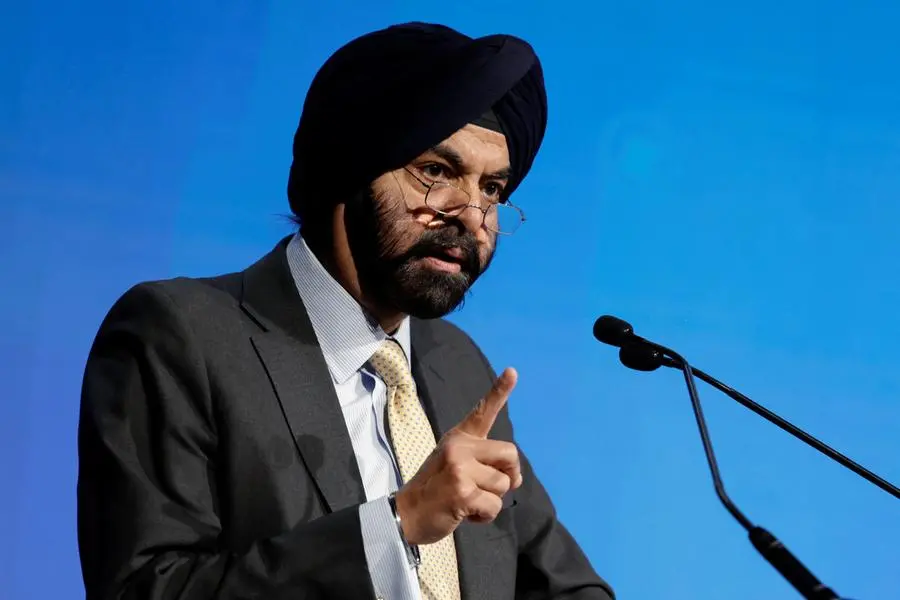PHOTO
World Bank President Ajay Banga on Wednesday called on member countries to make the next replenishment of the lender's fund for the world's poorest countries the largest ever, warning that the International Development Association (IDA) was being pushed to its limits by increasing demands.
Opening a mid-term review of the IDA 20th replenishment totaling $93 billion, Banga said World Bank shareholders, donor countries and philanthropies needed to dig deeper to help IDA deliver better development outcomes to low-income countries.
"The truth is we are pushing the limits of this important concessional resource and no amount of creative financial engineering will compensate for the fact that we need more funding," Banga told a conference in Zanzibar, Tanzania. "This must drive each of us to make the next replenishment of IDA the largest of all time."
The current, 20th IDA funding round is due to be completed on June 30, 2025. The Zanzibar conference is aimed at adding to that funding, but Banga used to launch his campaign for the subsequent round of funding to well exceed the $93 billion.
His call for increased concessional resources, which have been depleted by a slow rebound from COVID-19 and negative spillovers from Russia's war in Ukraine, came days after Banga emphasized the World Bank's ambitious plans to expand climate finance at the COP28 conference in Dubai.
Banga at COP28 announced new targets to boost the climate-related portion of its total annual financing to 45% from 35% currently, with an immediate increase of about $9 billion. Some developing countries have voiced concerns that the lender's new expanded mission to tackle climate change and other global crises will divert funding and attention away from the bank's core development mission.
Banga has promised to pursue both and argues that positive development and climate outcomes depend on each other.
He also said the World Bank needs to revamp how it evaluates its performance to focus on improved outcomes, not numbers of projects or dollars disbursed. That means moving towards platforms that can be replicated, such as an IDA-financed mini-grid that delivers electricity to rural communities in Nigeria.
"But this is just one example, I want to see 100,000 - 200,000 - half a million more," he said, adding that IDA was investing $5 billion to deliver affordable renewal electricity to 100 million Africans before 2030.
(Reporting by David Lawder; Editing by Kim Coghill)





















